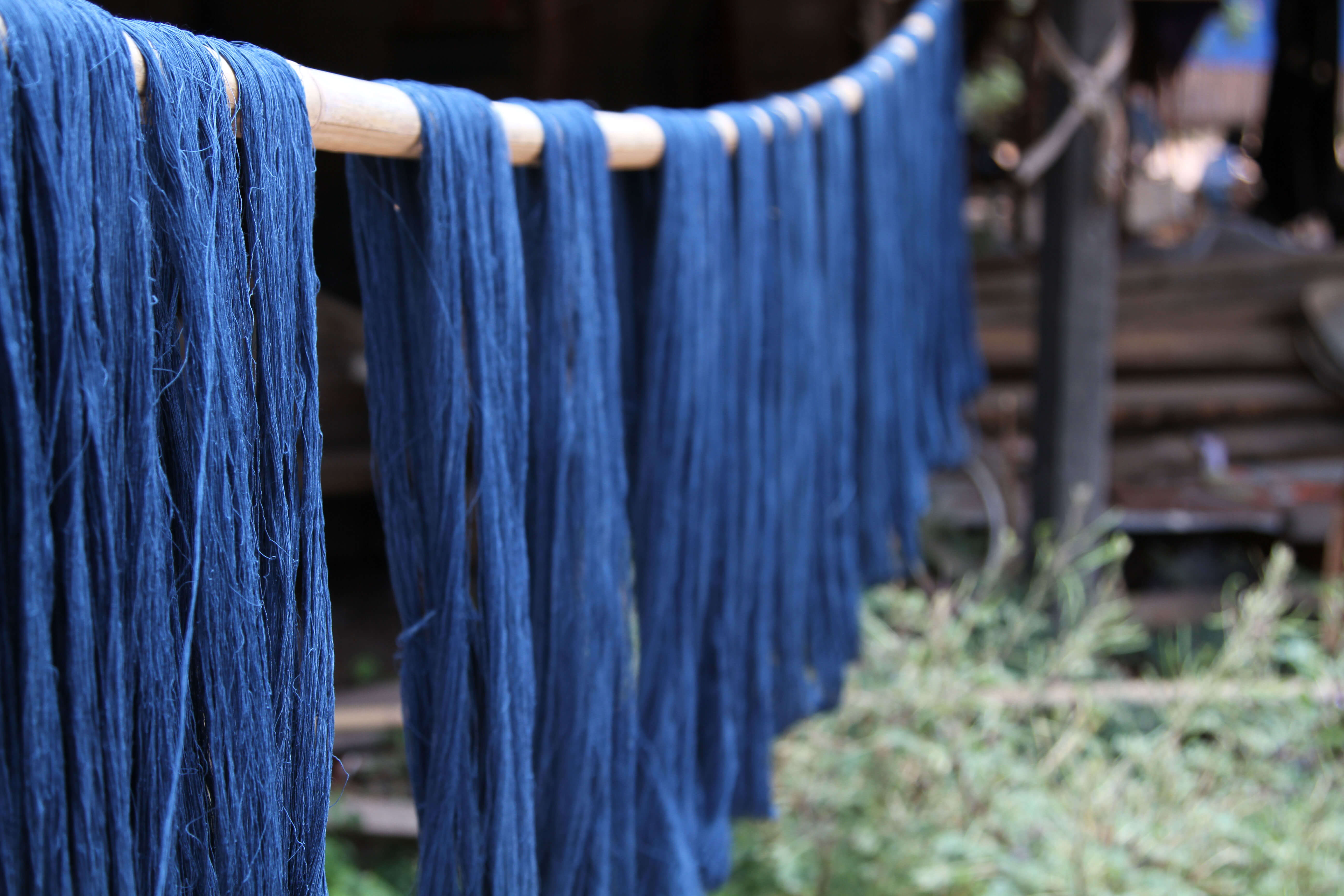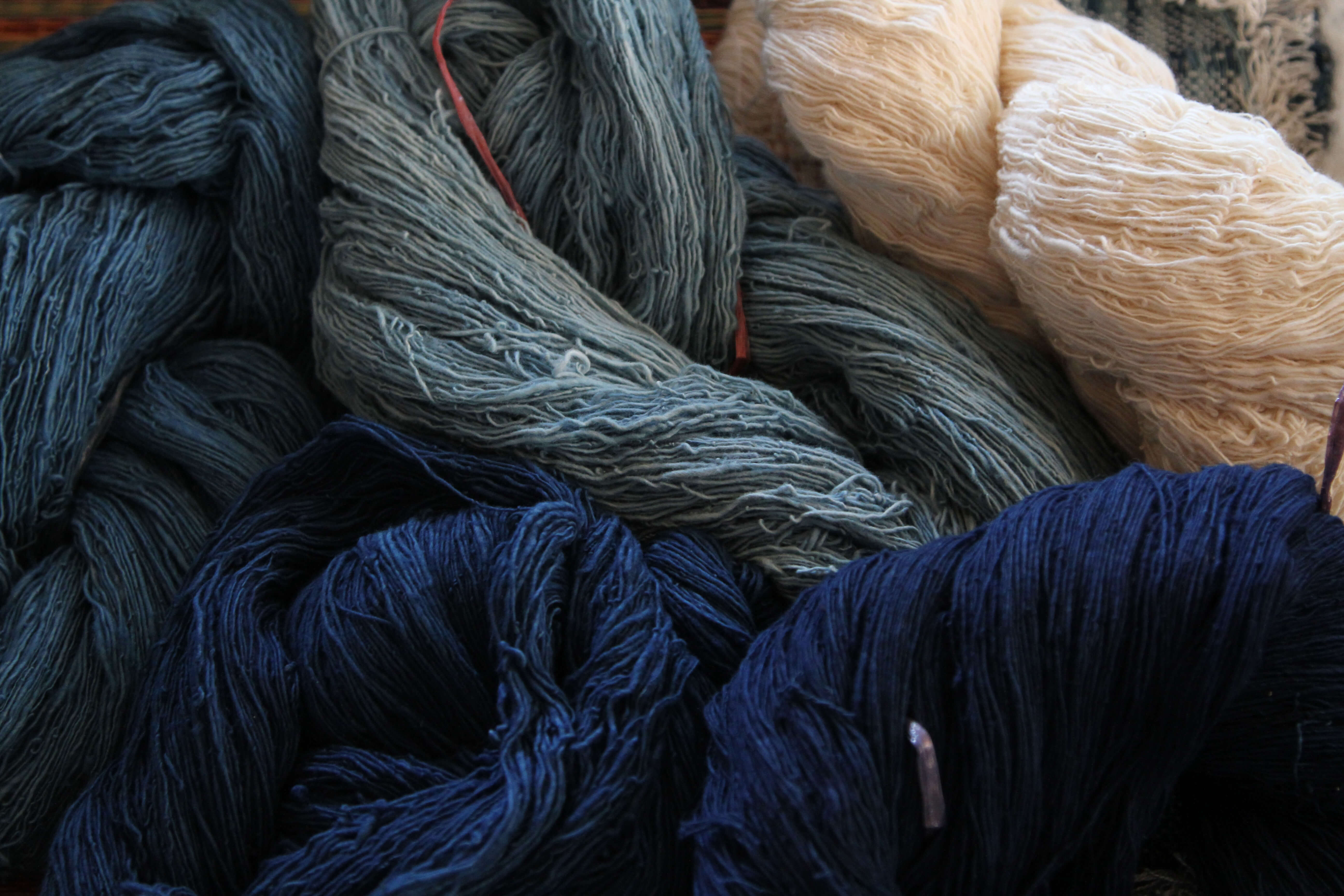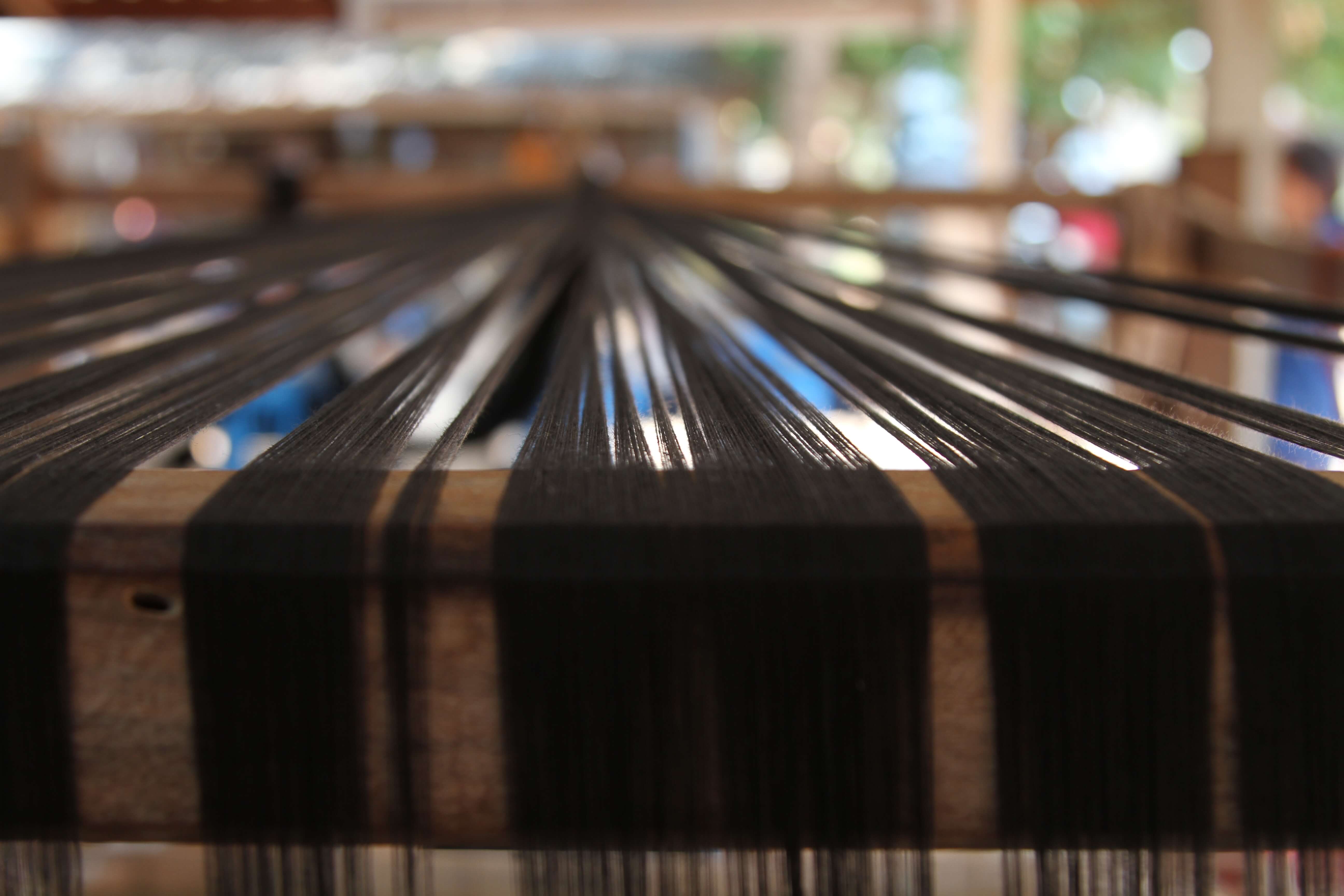
We are seeing this term used indiscriminately, if we may use this description, in every sector of our trade today but what does this really mean and what is “True” criteria for Sustainability. It is a very vast topic but we feel this can be summarized with one word – Responsibility. Responsibility in manufacturing is and has always been an integral part of our DNA, whether this means, at the surface level, meeting an AQL standard or, more deeply, treating the people behind product with the care and respect they deserve. Going forward maintaining these values remains a given, but now more than ever we must place a strong emphasis on responsibility towards our planet. Sustainability has become a major focal point of late understanding the huge waste and toxicity our industry is often responsible for, and though we have always done our best to keep up with innovations that benefit the planet, it is time for our industry as a whole to go above and beyond the norm to minimize the waste that we generate through production. We at Trends are doing our extra bit with a focus to reduce waste, reduce toxicity and work with responsibly sourced raw material for fiber, yarn and fabric productions.

In our endeavor to reduce waste we try wherever possible to substitute virgin cotton with recycled cotton (post-consumer and pre-consumer). Any recycled content is always backed up bya certification from an independent accredited institution. We do the same when there is polyester content, offering where possible to replace as much as possible of the polyester content with recycled polyester (usually from recycling plastic bottles). Again any recycled content is certified by an independent authority. We say “as much as possible” because we have to maintain minimum quality standards of the fabric as recycled fiber/yarn is not as strong as virgin yarn and can only be added to a percentage where fabric standards are not compromised. Lot of what we offer today has a percentage of stretch, here as well we provide the option of using Eco Lycra which is Lycra with a recycled content of industrial waste from the company’s manufacturing sites blended with virgin Lycra fiber. Apart from this we also offer following recycled options: Recycled zippers – zipper tapes made from recycled plastic bottles Recycled content in sewing thread Recycled content in pocket bag fabric


To reduce toxicity we are working with fabric using low water ratio in dyeing of indigo. This, apart from the obvious saving of water, less water means less chemicals, means less treatment required of the waste water. In a similar drive at our laundry where the jeans are treated, we work with low water washing technology with the same objectives as mentioned above. Apart from this, also at our laundry, we work with nebulizing systems for application of enzymes and chemicals which use 50-60% less chemicals without compromise on final product. Another initiative for lower toxicity is in the growing of cotton. ALL the virgin cotton in our offer is a MINIMUM of BCI cotton. We offer further options of Organic cotton and of course recycled cotton as mentioned earlier. BCI or Better Cotton Initiative is an accrediting standard for farms that use only the approved pesticides and only the necessary amount absolutely needed for efficient growing of cotton. Prior to this there hasn’t been any real controlling standard and pesticides were mostly overused permeating toxicity into the soil. Responsible sourcing for minimal impact to nature.